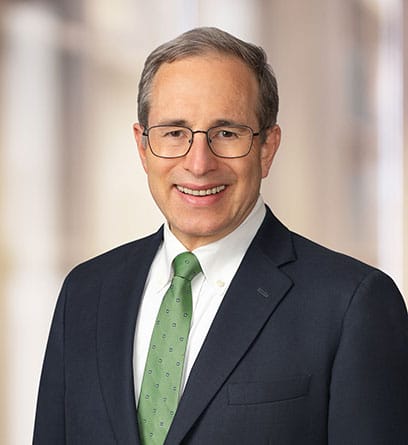I was recently honored to serve as a guest columnist in the June 2017 “Shop Talk” column in WG&L’s Journal of Taxation. The article, “Developments in FICA and Self-Employment Tax Affect Partners and S Corporations,” tied together several recent blogs:
- IRS gets upper hand in S corporation compensation audits — Discussed the most recent development in the IRS’ longstanding efforts to reclassify S corporation distributions as compensation, requiring the company and its owner-employees to pay more FICA than they reported. Until recently, a taxpayer who didn’t agree with the IRS would be able go to Tax Court and pay any tax only after the case settled or the Tax Court came to a decision. The IRS persuaded the Tax Court to dismiss some cases for lack of jurisdiction and now has instructed its agents how to deprive taxpayers of their day in Tax Court. Instead, taxpayers need to pay the tax and sue for a refund.
- Using an S corporation to avoid self-employment tax — Pointed out that taxpayers often use S corporations to save FICA and self-employment tax. A recent case rebuffed a taxpayer’s efforts to report earnings on an S corporation return when the S corporation was not a party to the contracts that generated the income paid by third parties.
- Tax court finds no self-employment tax for passive LLC member — Reported on how, for the first time ever, the Tax Court held that a member of an LLC avoided self-employment tax. Unfortunately, that case was conclusory and did not explain how the taxpayer fit within the exception to self-employment tax. Tax court finds self-employment tax for active LLC member explained how that case was followed by a very well-reasoned case holding that LLC members were required to pay self-employment tax. Although the facts of the cases are very different, applying the reasoning of the second case would have resulted in a different answer in the first case. Taxpayers would have much stronger tax cases if they used limited partnerships that owned LLCs (or did business without the LLCs and instead registered as limited liability limited partnerships).
This article is not intended to provide legal or tax advice. Please consult an appropriate professional to advise you whether these ideas might help your particular situation.
Steve Gorin is a practitioner in the areas of estate planning and the structuring of privately held businesses.
About Business Succession Solutions
A message from Steve Gorin:
This blog is intended to help business owners — and those who advise or support them — consider strategic issues, avoid tax traps, or spot tax opportunities.
It is an offshoot of my popular quarterly newsletter, “Gorin’s Business Succession Solutions,” which dives more deeply into the issues highlighted on this blog and is specifically written for CPAs, lawyers, trust officers, family office professionals, and financial advisors. Each newsletter also includes a link to the most recent version of a few thousand pages of technical materials on nearly every aspect of business succession planning. Each newsletter in that series is followed a few weeks later by a webinar for which continuing education credit may be available. Click here to sign up for the newsletter.
Additionally, each January, reporters for the American Bar Association’s Real Property Trust & Estate Law Section cover the University of Miami’s Heckerling Institute on Estate Planning, the largest such conference in the country, producing a dozen or so summaries. I forward their summaries, along with some brief commentary, to those who subscribe to my Heckerling Newsletter.
Coverage and commentary from the 2024 Heckerling Institute
All of these are completely free resources. If you’re already signed up for one of these newsletters (or my blog) and would like to be added to the other list, please e-mail me from the following links to be added to the Business Succession Solutions Newsletter, the Heckerling Newsletter, or both, and we can add you without any additional steps. If you’re already signed up for one of these newsletters and would like to be added to my Business Succession Solutions blog, please e-mail me, and we can add you without any additional steps.
In addition to helping clients directly through my law practice at Thompson Coburn LLP, I also consult with advisors throughout the country, adding value to the services that they provide to their clients as a strategic consultant for services they provide or as a provider of specialized services.

